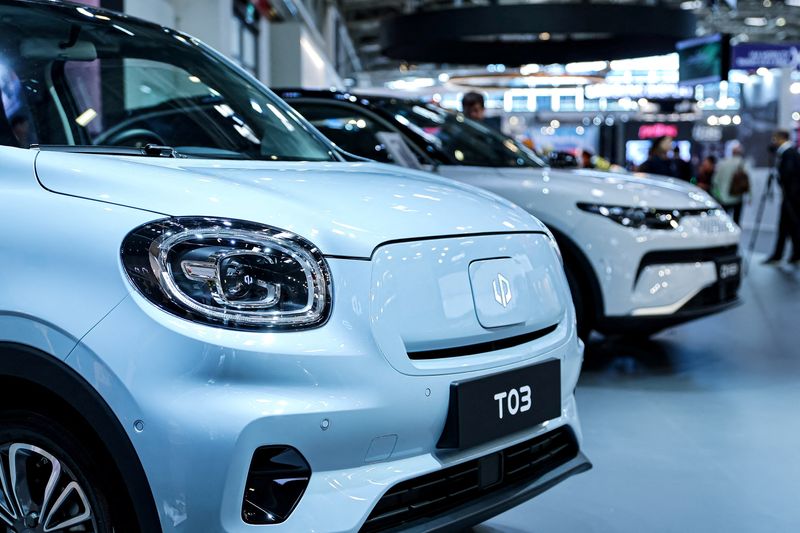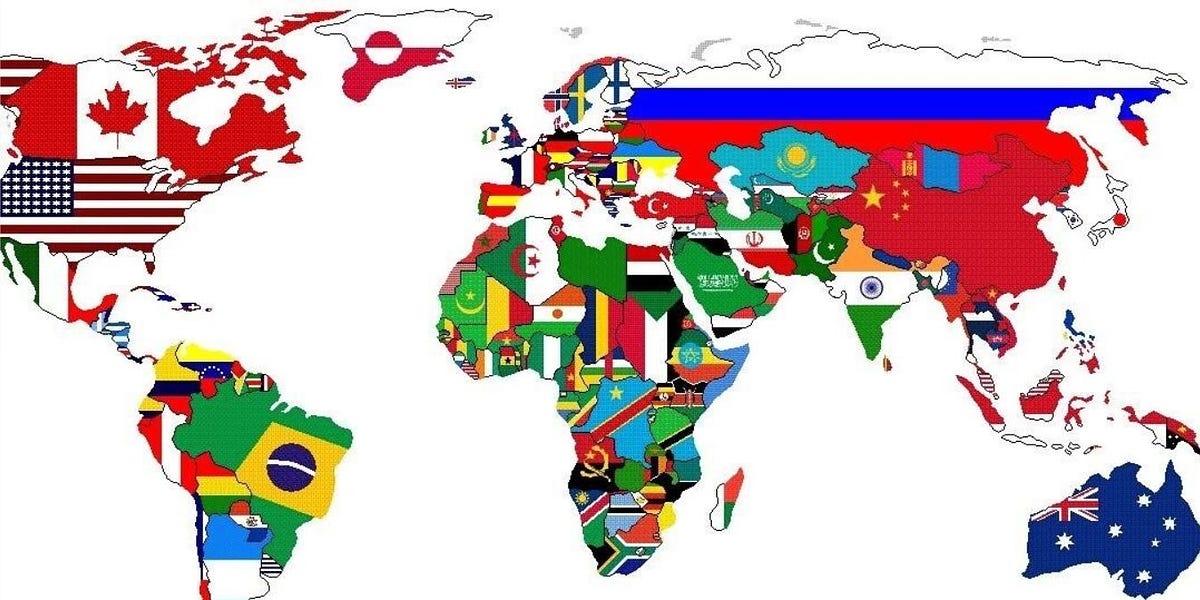China approves Stellantis-Leapmotor joint venture


© Reuters. Showing Chinese automaker Leapmotor’s model TO3 on display at the event, one day ahead of the official opening of the 2023 Munich Auto Show IAA Mobility held in Munich, Germany on September 4, 2023. REUTERS/Leonhard Simon/file photo
(Corrects typo in Stellantis (NYSE:) and capitalizes China in paragraph 4)
Gilles Guillaume
PARIS (Reuters) – A proposed joint venture that would allow Stellantis, the world’s fourth-largest carmaker, to build and sell Leapmotor (HK:)’s electric vehicles outside China has been cleared by Chinese regulators, according to two sources familiar with the matter. They say it has been approved.
China’s National Development and Reform Commission (NDRC) has approved the joint venture, one of the sources said, adding that other markets are still awaiting regulatory approval.
Stellantis announced the joint venture in October, saying it would buy a 21% stake in Leapmotor for $1.6 billion to seize new opportunities in China, the world’s largest auto market by sales.
Under the agreement, Stellantis will become the first established Western automaker to have exclusive rights to produce, export and sell Leapmotor products outside of China.
Stellantis will own a 51% stake in the joint venture.
Last month, Stellantis CEO Carlos Tavares said the automaker could build EVs based on Leapmotor technology in Europe, North America or other markets that need competitively priced models to compete with Chinese EV makers.
Stellantis declined to comment. He could not be reached for comment as NDRC representatives could not be reached.
The joint venture comes amid heightened trade tensions between China and the European Union and amid investigations into whether Chinese electric vehicle manufacturers are benefiting from unfair government subsidies.
The European Commission said Wednesday it will begin customs registration for imports of electric vehicles from China, meaning they could face retroactive tariffs if an EU trade investigation concludes that Chinese-made electric vehicles have received unfair subsidies. .
(This story has been rewritten to correct a typo in paragraph 4.)



